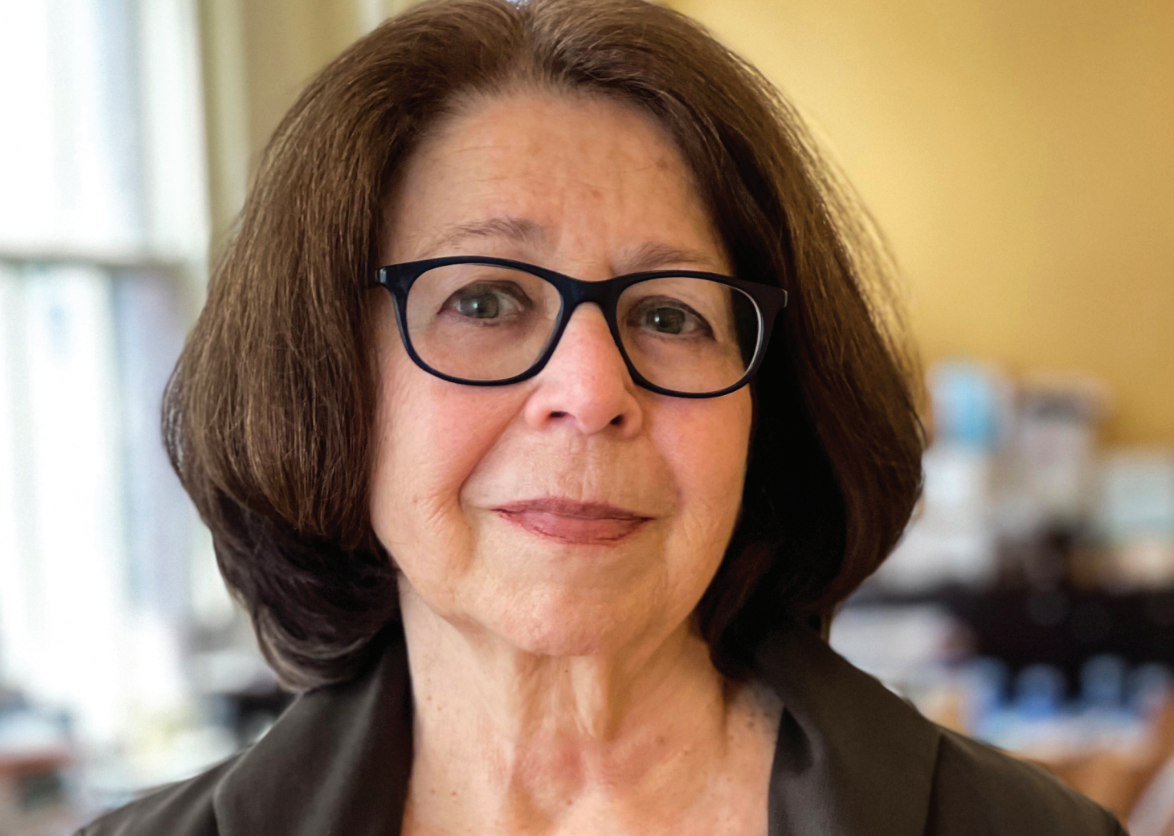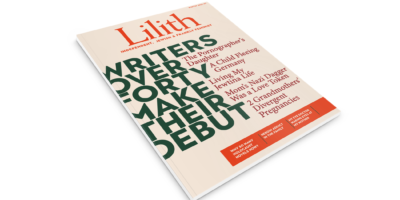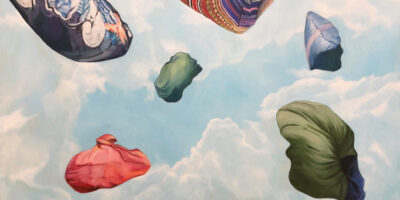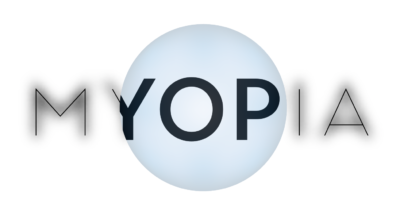
From the Editor
When a Lilith colleague applied several years ago for an opportunity open only to qualified individuals under a certain age (those “35 under 35” lists…), she was outraged, and told the organizers that they needed to shift the criteria for women applicants. “Recognize,” Susan Schnur said, “that women take time off to do our species work.”
“Our species work.”
I’ve rolled this wonderful phrase around in my mind many times. Species work takes many forms, and really is often unrecognized—even by those doing it! This labor includes more than giving birth to the next Sapiens generations and raising them. Even aside from motherhood, women do the work of nurturing needy others in our professional and personal networks, taking on the emotional labor of encouraging human systems to run as smoothly and equitably as they can. These varied forms of “species work” put many women, de facto, on trajectories and timelines that move at a different pace from those of our male peers. Cultures do recognize that girls and boys develop physically at a different pace. It’s time to recognize that in professional development many women need to be measured by a different timeline.
I recently observed one example, among many. At the annual conference of the Association for Jewish Studies, a society including religion, history, sociology, literature, gender studies, and more, the devotion with which senior female academics attended to their younger colleagues was impressive. They expressed feeling the responsibility to serve on committees to make sure younger colleagues got deserved recognition. The care they took to encourage early-career scholars was palpable, and includes raising funds for emerging academics to attend conferences like this one. And how much energy and clear thinking went into helping create sessions like one focusing, untraditionally, on the writing and work of scholars’ grand- mothers! And another on feminist practices, like after-midnight support groups for women scholars juggling multiple daytime family responsibilities during the pandemic. And of course none of this support work relieves professors of their routine duties; their days hold no more hours than the rest of humanity’s; this isn’t exactly news.
So, what’s lost when species work isn’t taken into consideration? The talents of the people who’ve had doors closed to them because they’ve aged out before their prime. Cynthia Ozick wrote in Lilith about the “Jewish half-genius,” pointing out that it’s inaccurate to speak proudly of “Jewish genius” and “Jewish” intellectual achievements when 51% of Jews don’t have a chance to focus on their work and have it seen and counted in those proud aggregations of Jewish talent.
Which brings me to a core feature in this issue of Lilith. Early in 2022, Lilith invited feminists “between 40 and 100+” who fell into the category of emerging writers—having had little or no previous publication—to apply for Lilith-hosted writing sessions with seasoned authors and editors. The response overwhelmed us. With little fanfare and some modest social media outreach, Lilith received 269 applicants for the 10 available slots! Clearly, there is talent out there eager for the instruction and editorial support they need in order to bring their stories to light.
What you’re reading in this issue are Lilith’s first print publications from the project we’ve named “The New Forty.” With the generous and enthusiastic support of the Brandt-Jackson Foundation, we’ve created an opportunity for diverse Jewish feminist writers whose work might never otherwise have gone public. These writers have plenty to say, and we intend to keep then close! You’ll meet others from this group in forthcoming issues and on the Lilith blog. Bonus: a second Lilith cohort of emerging writers over forty is already hard at work. The writing Cohort One produced spurred our staff and funders to keep the project rolling and invited another set of potential Lilith writers into structured monthly instruction sessions and bi-monthly virtual Writers’ Hour gatherings.
I’m pretty confident you’ll find compelling the debut pieces of nonfiction from the New Forty in this issue. The pornographer’s daughter still wrestles with her father’s shameful legacy. A child refugee from the Nazis recalls her mother’s bold and terrifying action that saved her and her parents. Then there’s the braiding together of an American, Latina and Ashkenazi identity. A love token buried in a drawer. And how a family’s history of childbearing choices plays out for a pregnant college student. Because what the New Forty participants have produced is so strong, so interesting, and so powerful, I’ve been worrying these past months about how much other good writing and good thinking are already lost, how much talent we’re missing because of solipsism and bias. Even with this concern, I’m confident that weighed on the scales of justice (and reading pleasure) this issue of Lilith moves the needle from loss to retrieval.
Susan Weidman Schneider
susanws@lilith.org






